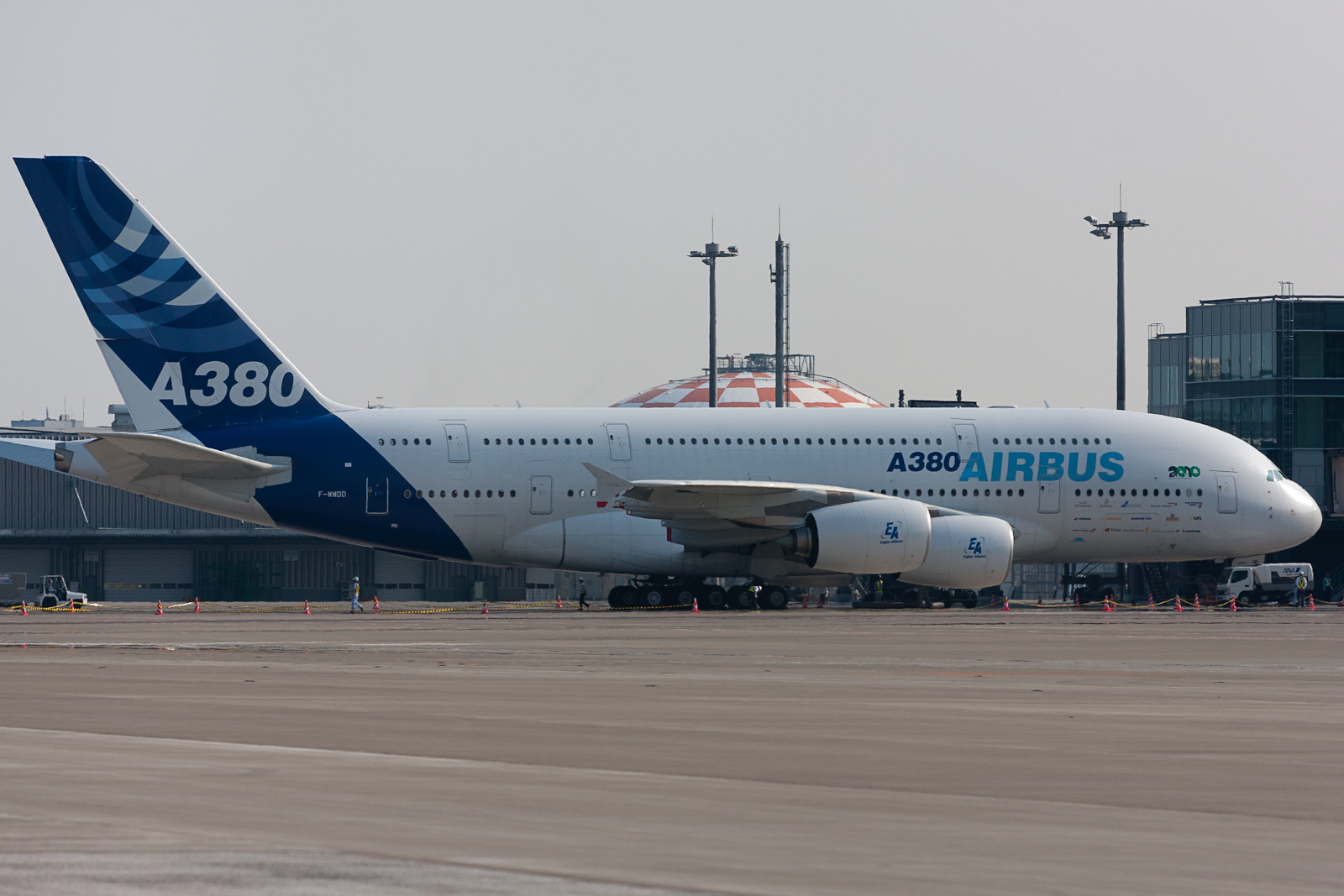by Branislav Hock
Airbus is yet another company that resolved its corruption out of the court. But buying a good ethical standing is becoming more complex. After all, a time when the US was the only country offering a settlement to a French company has passed. Paying massive bribes in China to sell aircraft interests many countries. Escaping prosecution is newly for sale in other countries as well. And the fact that France, the UK, and US were able to sell Airbus at a £3 billion settlement shows that this is a lucrative business.
Airbus found suspicious activities in its International Marker Development projects. They tried to clean some problems, yet they did not tell the prosecutors. Only after the UK Export Finance started asking questions, Airbus disclosed matters of concern to the Serious Fraud Office (SFO) in April 2016. In a judgement approving the deferred prosecution agreement (DPA) between the SFO and Airbus, the UK judge called it “a slow start”.
Public-Private Anti-Corruption Investigation
As many before, Airbus opened a kimono. As the DPA indicates, Airbus investigators worked hard to identify a comprehensive compilation of red flag cases. To support their case, Airbus presented “all” suspicious business partner relationships. UK and French prosecutors were not aware of these cases. From this corruption menu, prosecutors selected their priorities for investigation. As a good waiter, Airbus suggested where to look in the menu and even helped with designing technology to assist in the prioritisation and identification of relevant documents. Getting access to 30.7 million documents was especially helpful as it would otherwise take years.
And this is the point, prosecutors need firms to cooperate and are willing to make a deal. Less sanctions, no prosecution, and perhaps, they might not go the management.
Before doing anything active, the UK, French, and others had to start playing the game according to the US rules. As my own research shows, US enforcement incentivised the UK, France, and the Netherlands to adopt similar an approach. While some of newly adopted laws are not part of the European legal tradition, they are very effective.
This is why policing is not only in the hands of prosecutors. To the opposite, most investigations are done internally. Companies like Airbus invest hugely to run anti-corruption measures internally. This includes many committees that can initiate internal investigation.
Next to that firms have responsibility to self-police. Ideally, firms should self-report corruption and bribery. But even if they do not, prosecutors still seem to work very hard to resolve the case out of the court. Unlike in the US, the UK system requires self-reporting to qualify for a DPA. But, as the Airbus case illustrates, one can be a slow starter. Airbus knew about corruption issues at least since October 2014, but these did not come to the attention of the SFO until April 2016. One can get easily confused in what is the difference between a self-disclosure credit and cooperation credit.
The new era has just begun. Subcontracting enforcement to the US authorities is not the leading strategy. UK and France learned how to delegate their investigative work to corporations – in a similar way as the US authorities. In effect, companies such as Airbus, Rolls-Royce, and Société Générale, are buying out of the court settlements from multiple countries.
The author, Branislav Hock, is a Senior Lecturer in Economic Crime at the University of Portsmouth and founder of the European Compliance Center. He is responsible for the Czech/Slovakian website of Risk & Compliance to be launched this year.



